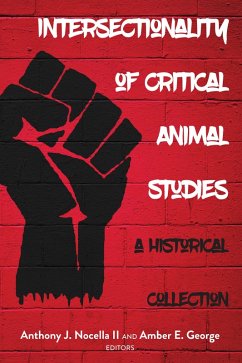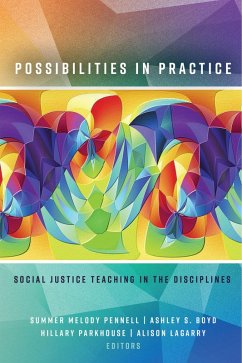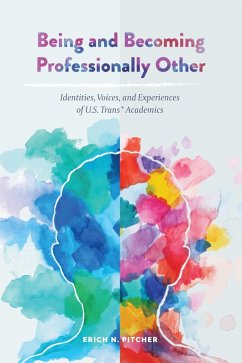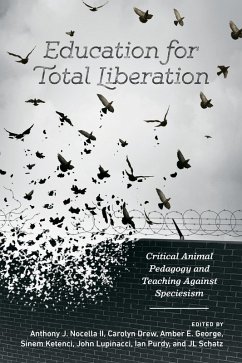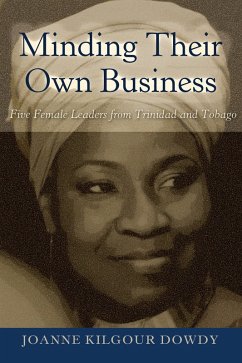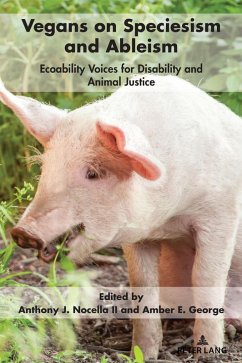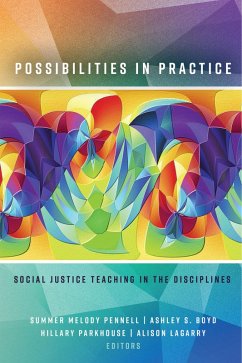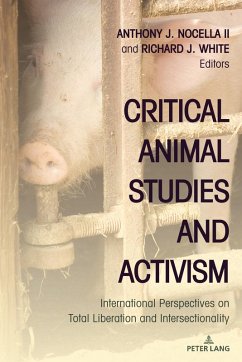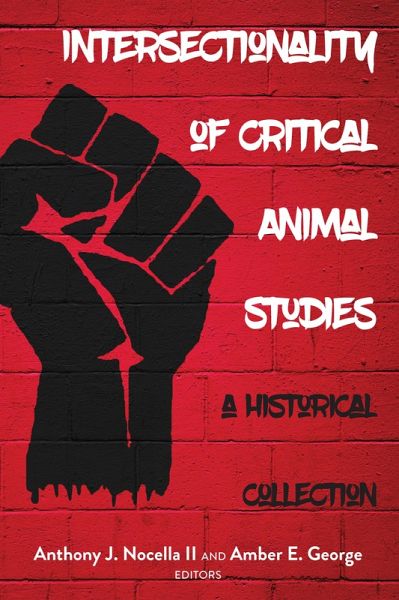
Intersectionality of Critical Animal Studies (eBook, ePUB)
A Historical Collection
Versandkostenfrei!
Sofort per Download lieferbar
Statt: 114,80 €**
37,95 €
inkl. MwSt.
**Preis der gedruckten Ausgabe (Gebundenes Buch)
Alle Infos zum eBook verschenkenWeitere Ausgaben:

PAYBACK Punkte
19 °P sammeln!
Intersectionality of Critical Animal Studies: A Historical Collection represents the very best that the internationally scholarly Journal for Critical Animal Studies (JCAS) has published in terms of articles that are written by public critical scholar-activists-organizers for public critical scholar-activists-organizers. This move toward publishing pieces about engaging social change, rather than high-theoretical detached analysis of nonhuman animals in society, is to regain focus for liberation at all costs. The essays in this collection focus on intersectionality scholarship within the realm...
Intersectionality of Critical Animal Studies: A Historical Collection represents the very best that the internationally scholarly Journal for Critical Animal Studies (JCAS) has published in terms of articles that are written by public critical scholar-activists-organizers for public critical scholar-activists-organizers. This move toward publishing pieces about engaging social change, rather than high-theoretical detached analysis of nonhuman animals in society, is to regain focus for liberation at all costs. The essays in this collection focus on intersectionality scholarship within the realm of Critical Animal Studies, and discuss issues related to race, gender, disability, class, and queerness. Not only are these articles historically signi¿cant within the ¿eld of Critical Animal Studies, but they are integral to the overall social justice movement. Intersectionality of Critical Animal Studies: A Historical Collection should be read by anyone interested in the Critical Animal Studies ¿eld, as we consider them to be classic writings that should be respected as foundational texts. There are many interesting and innovative texts, but these are historical, not only because they were published in JCAS, but because they were among the ¿rst to publish on a particular intersectional issue.
Dieser Download kann aus rechtlichen Gründen nur mit Rechnungsadresse in A, D ausgeliefert werden.




